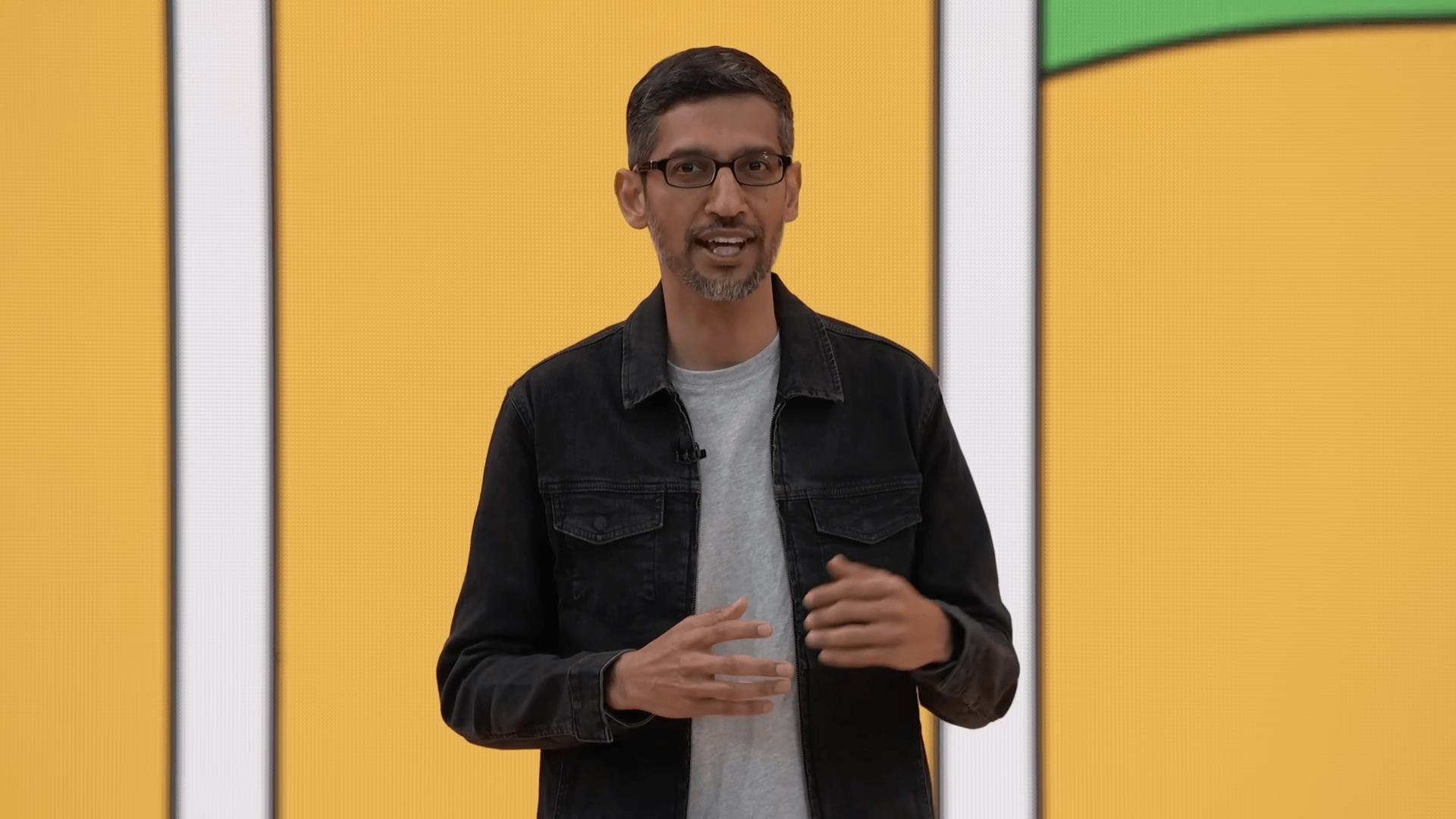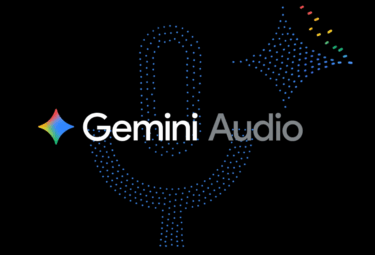Google is said to be worried about its AI supremacy after the success of ChatGPT, which also surprised OpenAI and Microsoft. There are internal rumblings, and Google CEO Sundar Pichai is said to have a hand in product development.
The "code red" that has reportedly been triggered internally at Google means that generative AI will have to be deployed in all major Google services with more than a billion users within the next few months. This is reported by Bloomberg, citing sources familiar with the matter.
One example of an already announced AI implementation is YouTube, where creators will soon be able to virtually swap clothes or landscapes using generative AI. Earlier, the New York Times reported that Google plans to launch more than 20 AI products this year, including the already officially unveiled Bard chatbot search.
Pichai gets personally involved in product development
The success of ChatGPT and Microsoft's heavy involvement in OpenAI are said to have made Google uneasy about falling behind in what it calls its core business of artificial intelligence. There is an "unhealthy combination of abnormally high expectations and great insecurity about any AI-related initiative," an anonymous current Google employee told Bloomberg.
According to Bloomberg's sources, Google CEO Sundar Pichai is currently acting like a product manager, handling matters far below his actual rank as CEO. Pichai is said to be directly involved in developing features for individual products. Google founders Larry Page and Sergey Brin are also said to be getting more involved.
The aforementioned "code red" has led to dozens of initiatives to integrate generative AI into products. "We're throwing spaghetti at the wall," says one Google employee, but that wouldn't help Google transform and compete.
Google wants to market AI better
But there are also positive voices: People in teams already working on generative AI welcome the fact that they can now build products instead of being "just a research thing," according to Bloomberg's sources.
A Google spokesperson emphasizes to Bloomberg that Google has primarily encouraged more internal testing of its own AI products, so-called "dogfooding," in which companies intensively test their own technology before a major rollout. Most Google employees would not spend extra time on AI, only those working on relevant projects.






